Publications
Articles, publications, books, tools and multimedia features from the U.S. Institute of Peace provide the latest news, analysis, research findings, practitioner guides and reports, all related to the conflict zones and issues that are at the center of the Institute’s work to prevent and reduce violent conflict.
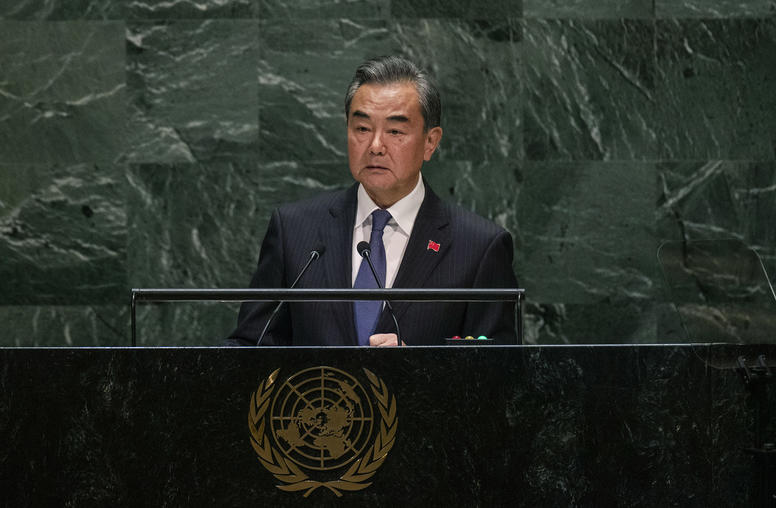
How China Responds to Instability on Its Periphery: Lessons from Afghanistan and Myanmar
China’s timid rhetoric and underwhelming actions vis-à-vis recent political upheaval in two different neighboring countries belie the image of a confident and assertive Beijing. What explains this apparent paradox? Despite the ruling Chinese Communist Party’s outward bravado, combined with unprecedented expansion of China’s regional and global activities and presence, Xi Jinping and his Politburo colleagues remain wary when it comes to taking risks abroad. Certainly, when China believes its interests are being directly attacked, such as in recent disputes with Australia and India, the state has opted for riskier, more aggressive moves. But where Beijing is not a direct party to the conflict, caution can override its willingness to take action that would show its hand or put China in a situation where it is not guaranteed to avoid a messy exit, à la the United States in Afghanistan.

Donald Jensen on Secretary Austin’s Visit to Georgia, Romania and Ukraine
USIP’s Donald Jensen looks at what Defense Secretary Lloyd Austin’s recent trip to several countries along the Black Sea means for U.S. policy, saying, “We are looking at the region in its entirety … and Romania, Ukraine and Georgia are key players in the broader effort to curb Russian influence in the region.”
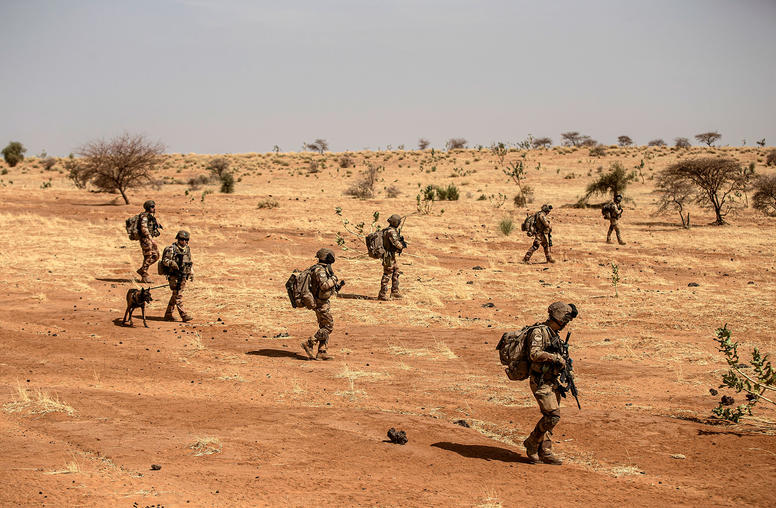
How to Respond to a ‘Year of Coups?’ We Can Try in Mali.
In a year replete with military coups against the principles of democratic rule, this week’s coup in Sudan and a less-noted setback in Mali underscore that U.S. and international policymakers must improve their efforts to support democracy by rebalancing their assistance to fragile states at high risk. Supporting democracy amid this season of coups means targeting that assistance at the root causes of upheaval in regions such as Africa’s Sahel. In part, this means acting quickly—but shifting our focus to long-term stability and human security, rather than simply seeking perceived short-term counter-terrorism gains.
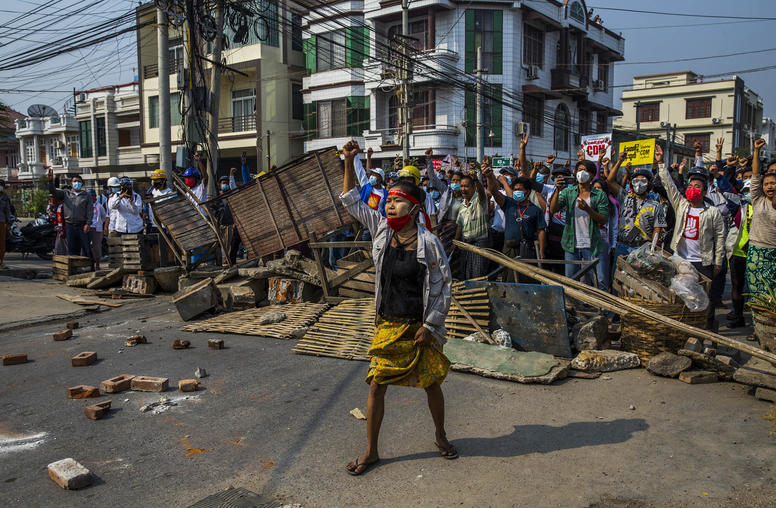
Myanmar’s Unity Government Meets with NSA Sullivan, Gains Further Traction
U.S. National Security Advisor Jake Sullivan recently met with representatives of Myanmar’s National Unity Government (NUG) — a shadow government representing the lawmakers elected by the people in the November 2020 election. The meeting boosted the NUG’s regional and international profile as an alternative to the brutal violence of the Burmese military, which has failed to gain control over the country since last February’s coup. But questions remain about whether the NUG and the disparate ethnic armed groups, political parties and civil society leaders that reject military rule can find common ground beyond a shared enemy.
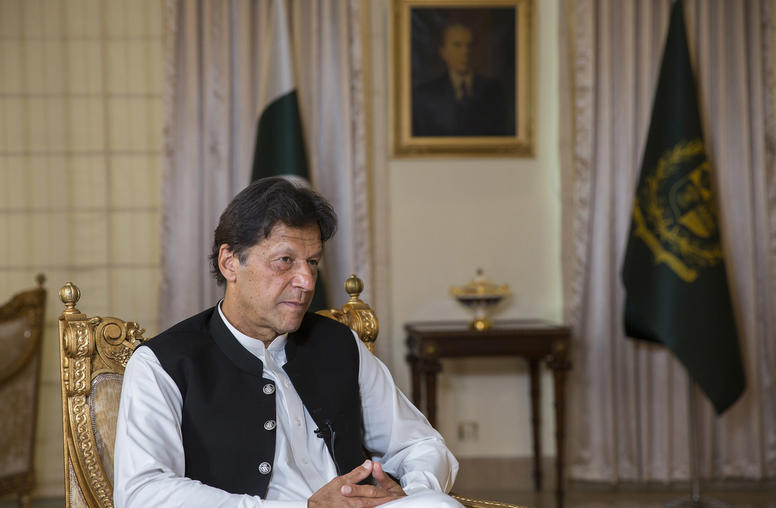
Pakistan’s Shifting Political and Economic Winds
There was an air of optimism in May 2021, when Pakistan’s finance minister, Shaukat Tarin, told Bloomberg that his government would spend almost $6 billion to create jobs and stimulate growth. The aim, he argued, was to achieve a GDP growth rate of over 5 percent. Fast forward to October and the tone has significantly changed, with the finance minister informing an audience in Washington that growth had to be moderated to prevent macroeconomic risks from materializing, meaning that Pakistan cannot afford to grow too fast.
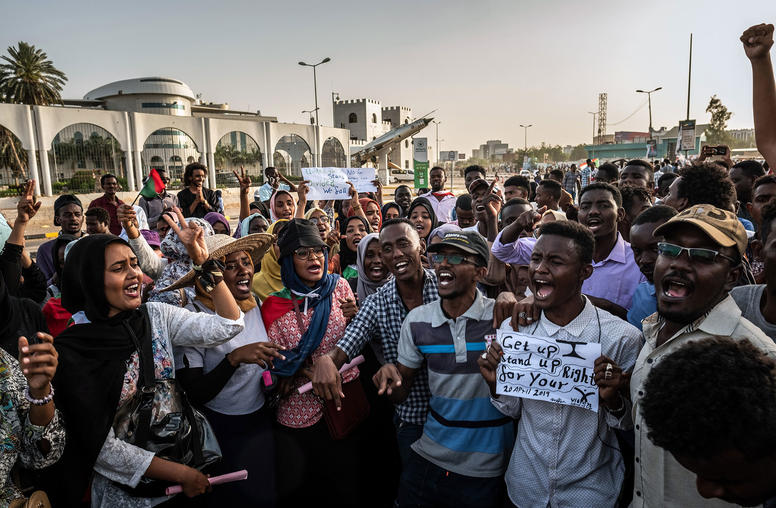
Dissecting Sudan’s Coup
On October 25, Sudan’s military detained the country’s prime minister and key civilian leaders, dissolved the government and declared a state of emergency. The coup, which has put in doubt Sudan’s transition to democracy, quickly prompted protests in the streets of the capital Khartoum and other cities. Some protesters were killed after being fired on by security forces and calls for mass protests on October 30 are growing. USIP’s Joseph Tucker and Manal Taha analyze what the latest developments in Sudan mean for the country and consider the options for the United States to respond to this crisis.

Keith Mines on Secretary Blinken’s Trip to Colombia
As Secretary of State Antony Blinken travels to Colombia, USIP’s Keith Mines notes there is still work to be done in implementing and expanding the 2016 peace agreement with the FARC insurgency, saying that “consolidating the peace in a place like Colombia was almost as hard as fighting the war itself.”
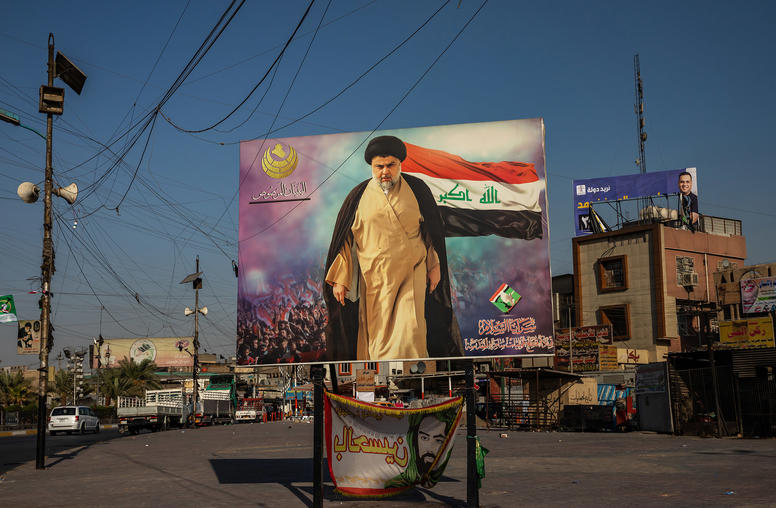
Iraq’s Election Raises More Questions Than Answers
Muqtada al-Sadr, a Shia cleric whose Mahdi Army followers battled U.S. forces during the years of the occupation, made big gains in Iraq’s parliamentary election on October 10. His victory could pose problems for the United States and Iran. But despite the Sadrist List’s electoral success, it is not a given that al-Sadr will be the next man to lead Iraq, or even be the only kingmaker. USIP’s Elie Abouaoun examines the outcome of the election, the electoral process and the implications for Iraq’s future.

Une ville du Sahel conçoit un moyen d'améliorer les réformes – et l'aide internationale
La recrudescence cette année des troubles violents dans le Sahel en Afrique – des attaques djihadistes élargies, des coups d'État ou des tentatives militaires dans quatre pays, ainsi que le nombre constamment élevé de victimes civiles – souligne que des années de travail pour renforcer les forces militaires et policières n'ont pas réussi à réduire l'instabilité. Pour réduire l'extrémisme et la violence, les pays doivent améliorer la gouvernance, et des analyses récentes soulignent le besoin particulier de renforcer le sentiment des gens que leurs gouvernements peuvent assurer la justice et trouver des résolutions équitables aux griefs populaires. Un tel changement est une tâche extrêmement complexe et une ville du Burkina Faso a élaboré un plan de réformes locales avec un processus pour gérer cette complexité.

Tunisia: Examining the State of Democracy and Next Steps for U.S. Policy
Dr. Elie Abouaoun, director of Middle East and North Africa Programs, testified on October 14, 2021 at the the House Foreign Affairs Subcommittee on the Middle East, North Africa, and Global Counterterrorism's hearing on "Tunisia: Examining the State of Democracy and Next Steps for U.S. Policy."